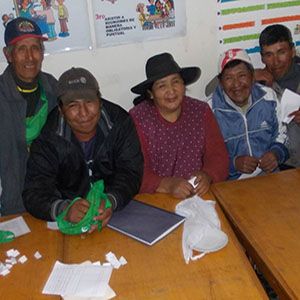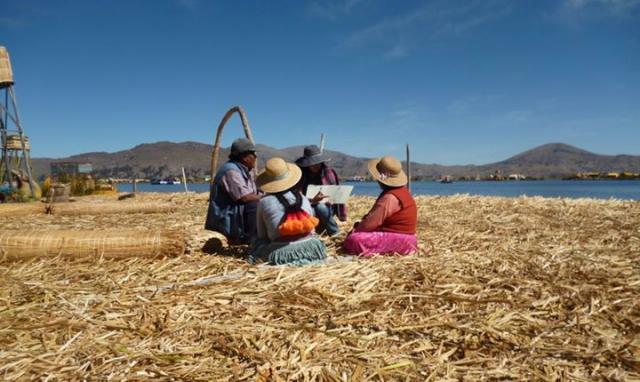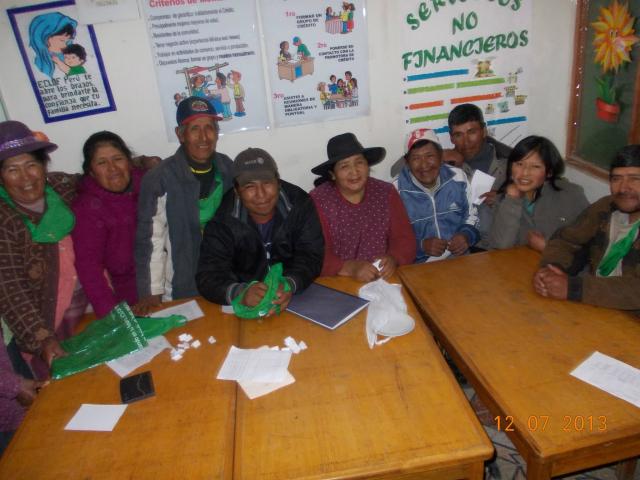Holistic Approach, Wholehearted Yes (si!)

Today I received an email from Carlos Venturo, the Executive Director of ECLOF Peru, our ecumenical partner based in Lima. It is hard to believe a month has passed since my recent (and first) program visit. It reminded me of two things: our rich and long discussions around the program’s historical challenges, current impact, and musings over the future, and two that I needed to write a blog about my time there!
How to describe the magic, intensity, spirit, hope, needs, and challenges of people, a program, an organization, and a country? In 300 words…Impossible! Instead, I want to address the microfinance work support in Peru, ironically, in non-financial terms.
ELCOF Peru is a microfinance institution we have traditionally supported with microcredit capital. In turn, it provides microcredit (small loans) to existing and new businesses owned by poor and historically excluded populations. This is the agency’s mission and conscious way of living their faith through participating in the fight for human dignity, solidarity, and justice.

What’s more, clients have also expressed the need for a spectrum of workshops that include emotional and spiritual support. ECLOF has responded. Clients can choose among personal development and health courses, ranging from intra-familial relationships, self-esteem, and social skills to ovarian cancer awareness.

I have officially gone way over my word limit, but I leave you with one last thought. When I conducted my monitoring visit to Peru I tried to listen to how mothers, fathers, brothers, and sisters have been impacted by the program. That means I asked people about how they feel, how they do and want to interact with each other, and whether or not there is value in the training(s) they are participating in for the well being of themselves, their families, and their communities. Overwhelmingly, the answer was yes (si!). The clients have spoken.
—————
Kellie McDaniel is a Program Manager for Episcopal Relief & Development
Photo Credit: Community outreach in Peru, by Melissa Blanco Puno, ECLOF PERU


